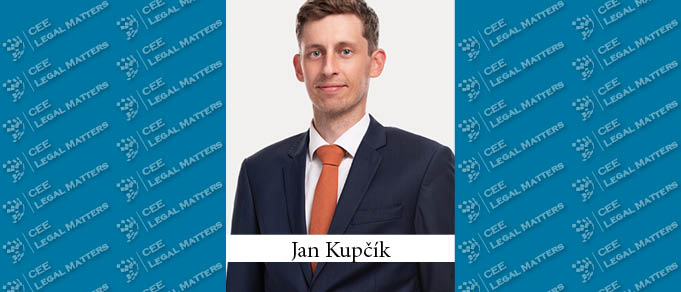A long-awaited amendment to the Czech Competition Act (Act) is now on the horizon as it was approved by the Chambers of Deputies and is ready for sign-off by the Senate and the president. Covering primarily the implementation of the ECN+ Directive, it also incorporates changes to the Act. At the same time, the Czech Competition Authority (CCA) has been updating its policies on compliance programs and vertical leniency. From this perspective, how the CCA treats vertical (distribution) agreements will probably change considerably.
What the Amendment Changes
The amendment contains several evident – but also less apparent – modifications of sub-stantive and procedural rules relevant to the CCA’s assessment of vertical agreements.
First, it explicitly allows for leniency requests relating to vertical agreements. So far, the leniency procedure has been applicable only to horizontal cartels. Second, the amend-ment implements a system protecting the identity of the complainant. Third, the amendment modifies the prioritization process. The change is thin but extremely rele-vant in practice. In the future, the CCA will reflect on the level of negative effects of the assessed conduct, but a low level of negative effects will no longer be required to reject a case. Fourth, settlements will see larger discretion in terms of the amount of the dis-count and the possibility to impose a prohibition of participation in public tenders. Final-ly, the CCA will be able to sanction several undertakings (from one group) for the same infringement and they will be jointly and severally liable.
Impact on Businesses
The modifications need to be read in view of the CCA’s current practice and recent changes to its enforcement policies. Whereas the amendment allows for a leniency re-quest in cases of anticompetitive vertical agreements, the CCA has been willing to de-crease penalties if the party to the proceedings, which was suspected of an illegal verti-cal agreement, comes forward with additional evidence and pleads guilty. As to the ef-fectiveness of the amendment, this is going to be formally backed by the legislative text and, as such, companies will become legally entitled to it. In addition, the applicability of the formal leniency procedure means that the parties will now have the possibility to withdraw their leniency request.
In this regard, leniency remains unavailable for a perpetrator that has coerced other par-ties into participating in the anticompetitive agreement. This is a large obstacle for leni-ency applications in most resale price maintenance (RPM) cases by the companies im-posing the restriction on their distributors. Nevertheless, as the CCA declares its willing-ness to prosecute not only suppliers but also distributors if they are initiators of RPM conduct, leniency requests may also be relevant here. Moreover, the protection of the complainant’s identity could further increase the number of cases the CCA will be in-formed of. In vertical relations, a party can often be prevented from complaining to the CCA by the fact that it is dependent on the other party and if that party were to find out the identity of the complainant, it could end the relationship.
Slight changes in prioritization will also allow the CCA to reject hardcore cases, such as the already mentioned RPM cases. This could happen when the effect is tiny – for exam-ple, when the supplier’s market share is negligible. But given that RPM is in the CCA’s spotlight, rejections of RPM cases will remain rare.
Settlement solutions have become common in recent vertical cases. Whereas prohibi-tions of participation in public tenders will mostly be irrelevant, the infringers may see lower discounts than the currently awarded flat 20%. However, the total discount may increase due to the CCA’s fairly new policy of accepting existing or even new compliance programs as a reason for an additional discount (but only if the settlement route is used).
Vertical restrictions may be a result of a common action of a parent company and a sub-sidiary. The amendment allows the CCA to impose sanctions on both, making them jointly and severally liable. While it probably will not happen often, parent companies might experience an increased risk of direct liability.
Conclusion
While at the outset, the amendment may not look big, some of the changes may be just short of a game-changer for vertical agreements. Vertical leniency is clearly one of them, but also other changes may be of paramount importance in specific vertical cases.
By Jan Kupcik, Head of Competition, EU & Foreign Trade, Schoenherr Czech Republic
This article was originally published in Issue 10.6 of the CEE Legal Matters Magazine. If you would like to receive a hard copy of the magazine, you can subscribe here.




